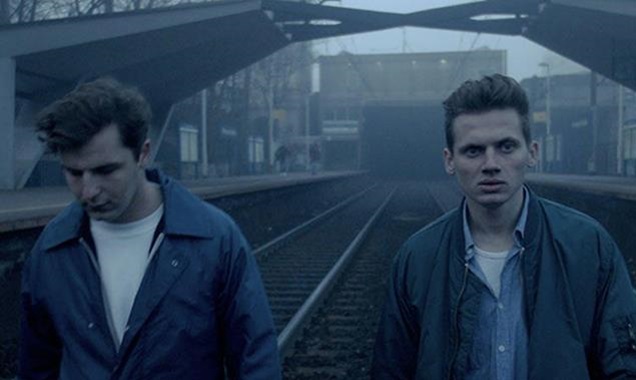
The town has strongly supported one Christoff, a conductor now felt to be a charlatan. He’s to give a speech, apparently, as well as perform some contemporary music, and the whole town’s moral and perhaps economic well-being depends on a turn in its cultural affairs which Ryder is to preside over. He’s hazy about his schedule-he remembers reading it, but not what it said-and can’t bring himself to ask for clarification. Ryder arrives in an unnamed German town to give a concert. But for the rest of us, Ryder’s experience is like a map of our plaintive, small-time self-dramatizing, a catalog of the attitudes we adopt when we feel guilty, but want to feel virtuous. I’m sure there are people who know nothing of self-pity, and have never spoken like this, even in their dreams lucky them.

The voice I’m quoting is that of Ryder, the English concert pianist whose dazed narrative constitutes The Unconsoled, but I’m also suggesting that its ghastly familiarity is all but irresistible. They’ll probably turn on me tonight, it wouldn’t surprise me.” “But it’s the same as everywhere else,” the voice says. There is a horrible pleasure in visiting this country but it’s hard to leave, the borders close behind you almost as soon as you get there. Self-pity is a country where everyone else is unreasonable, where your manifest innocence cries out in perfect pitch. We hear the whine in our voice, but we can’t stop.

What do they want me to do, on this night of all nights?” These words are from The Unconsoled but many of us have heard words like them in our heads. “They take so much for granted, all these people.


 0 kommentar(er)
0 kommentar(er)
